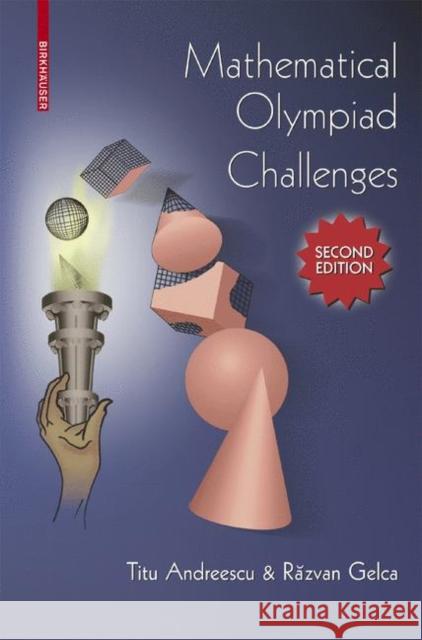Mathematical Olympiad Challenges » książka
Mathematical Olympiad Challenges
ISBN-13: 9780817645281 / Angielski / Miękka / 2008 / 304 str.
Why Olympiads? Working mathematiciansoftentell us that results in the ?eld are achievedafter long experience and a deep familiarity with mathematical objects, that progress is made slowly and collectively, and that ?ashes of inspiration are mere punctuation in periods of sustained effort. TheOlympiadenvironment, incontrast, demandsarelativelybriefperiodofintense concentration, asksforquickinsightsonspeci?coccasions, andrequiresaconcentrated but isolated effort. Yet we have foundthat participantsin mathematicsOlympiadshave oftengoneontobecome?rst-classmathematiciansorscientistsandhaveattachedgreat signi?cance to their early Olympiad experiences. For many of these people, the Olympiad problem is an introduction, a glimpse into the world of mathematics not afforded by the usual classroom situation. A good Olympiad problem will capture in miniature the process of creating mathematics. It's all there: the period of immersion in the situation, the quiet examination of possible approaches, the pursuit of various paths to solution. There is the fruitless dead end, as well as the path that ends abruptly but offers new perspectives, leading eventually to the discoveryof a better route. Perhapsmost obviously, grapplingwith a goodproblem provides practice in dealing with the frustration of working at material that refuses to yield. If the solver is lucky, there will be the moment of insight that heralds the start of a successful solution. Like a well-crafted work of ?ction, a good Olympiad problem tells a story of mathematical creativity that captures a good part of the real experience and leaves the participant wanting still more. And this book gives us more.











